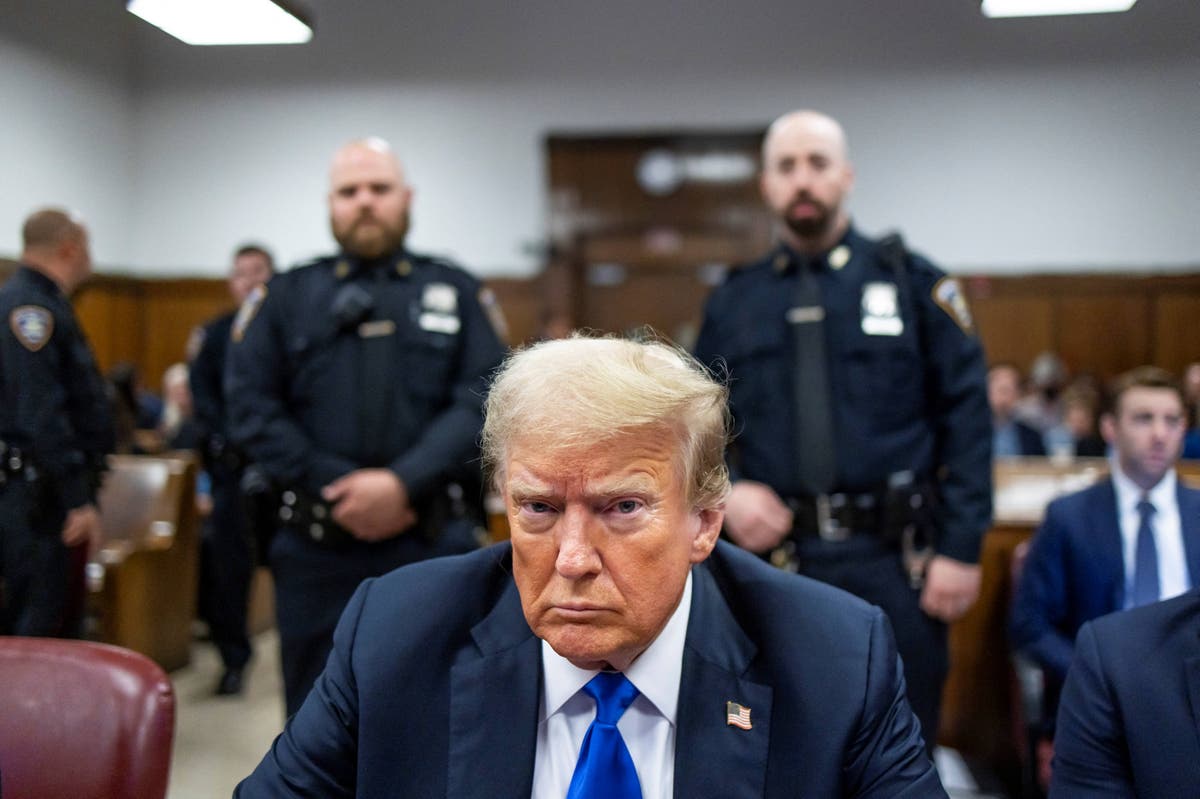SEOUL - A South Korean court has issued warrants to detain impeached President Yoon Suk Yeol and search his office and residence, marking a significant escalation in the investigation of alleged rebellion linked to his controversial declaration of martial law. This unprecedented move comes as the nation grapples with political turmoil following Yoon's impeachment.
The Seoul Western District Court granted the warrants following a request from the Corruption Investigation Office for High-Ranking Officials. The agency is spearheading a joint investigation with police and military authorities into Yoon's declaration of martial law on December 3rd. Investigators are examining whether this action constitutes a rebellion, a charge that could carry severe penalties under South Korean law, though presidential immunity doesn’t apply to such charges.
While this marks the first time a sitting South Korean president has faced such warrants, legal experts suggest that detention and searches are unlikely unless Yoon is formally removed from office. Despite the court’s decision, Yoon’s powers remain suspended since the National Assembly impeached him on December 14th. The impeachment stems from his martial law declaration, deemed by the Assembly as exceeding presidential authority. The Constitutional Court now holds the crucial decision of either upholding his impeachment or reinstating him.
Yoon defends his actions as a legitimate response to what he describes as an obstructionist opposition, accusing them of undermining the government and sympathizing with North Korea. He has argued that martial law was necessary, deploying troops and police, to warn the opposition. Despite these claims, he has been challenged by contradictory testimonies from his arrested military commanders.
Furthermore, the crisis has deepened with the impeachment of acting President Han Duck-soo by the opposition, citing his refusal to appoint judges to the Constitutional Court. This move, observers believe, is to increase the likelihood of a court decision upholding President Yoon’s impeachment, which needs the approval of at least six justices.
Yoon’s legal team has denounced the warrants, calling them "invalid" and "illegal" with the presidential security service stating they will continue to provide security to the impeached president. Experts believe that despite the warrants, it's unlikely that authorities can detain him without his consent, but they may try to show the warrants as an attempt to pressure his cooperation with the investigation.
Meanwhile, Deputy Prime Minister and Finance Minister, Choi Sang-mok, has assumed the role of interim leader and has quickly appointed two new justices in a bid to stabilize the political situation. These actions have drawn sharp criticism from both the ruling and opposition parties, reflecting the deep divisions currently plaguing South Korean politics.
This unfolding situation not only tests South Korea’s legal and political institutions, but also poses a crucial question on how the country will navigate its present political crisis.







